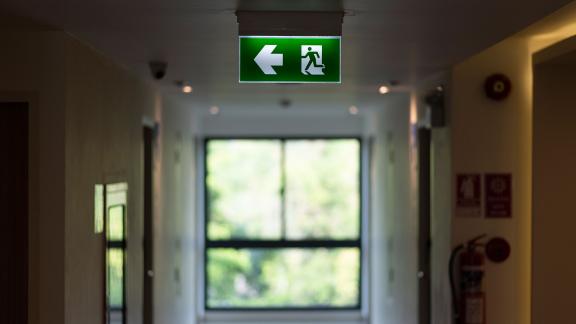The ‘summer of recovery’ presents an extra challenge for NHS comms

Communicators will play a vital role in helping the public to understand the path to recovery will be slow, writes Daniel Reynolds.
The NHS will rightly emerge from the coronavirus pandemic with its reputation not only intact, but enhanced. This is not by chance.
It has been at the sharp end of one of the toughest challenges in UK history. It has navigated two gruelling waves of the virus and was never overwhelmed. Hospitals admitted more than 400,000 severely ill COVID-19 patients and, despite this pressure, the NHS has managed to treat millions of other patients with non-COVID-19 conditions.
As we emerge from the pandemic, pride in the NHS is as high as ever
The crowning moment has been delivering a national vaccination programme that is admired around the world. There may never be a more important single public health intervention than the COVID-19 vaccine rollout, and the NHS has led the charge.
As we emerge from the pandemic, pride in the NHS is as high as ever. Recent Ipsos MORI polling shows that three-quarters of the public believe the NHS is one of the world’s best health systems.
A monumental task
But it also revealed the reputational danger that faces the NHS. The risk comes from the monumental task in recovering the backlog of treatment that has built up.
There are 5.1 million people on waiting lists. In what is being called the ‘summer of recovery’, the NHS is ramping up its non-COVID-19 care. But this won’t be straightforward, as it will be operating with reduced capacity due to the need for infection control measures – and it has an exhausted workforce.
The public understand these pressures, but also want to see the NHS play catch-up. The Ipsos MORI polling shows almost two-thirds of the public do not believe current waiting times are acceptable. When asked what their priority for the NHS should be, improving waiting times takes top billing.
We need clear, consistent and targeted comms that help the public to understand the path to recovery will be slow
Herein lies the reputational danger, especially if there is a mismatch between public expectations and what the NHS can deliver. This is where comms will play a vital role.
We need clear, consistent and targeted comms, from the government down through to local organisations, that help the public to understand the path to recovery will be slow. It may take three to five years to deal with the backlog.
We also need continued public health messaging that reinforces the need to carry on observing the guidance on social distancing, mask-wearing and handwashing, and get vaccinated. This will keep infections low and enable the NHS to focus on the recovery.
Avoiding over-promising and under-delivering
This messaging needs to go beyond mainstream channels into content tailored to different local communities. Some have had consistently high rates of transmission and infection, coupled with lower take up of the vaccine, and mainstream comms channels will have limited impact.
Finally, the government must learn a key comms lesson from the pandemic – avoid over-promising and under-delivering. It is right to be buoyed by the success of the vaccine and the reputation of both the NHS and the government will be boosted. But we are entering a period where progress will be steady and slow. Communicators will need to help people understand this to avoid public dissatisfaction.
This article was first published by PR Week.
Daniel Reynolds is the director of communications and membership operations at the NHS Confederation. Follow him and the NHS Confederation on Twitter @DanielReynolds4 @nhsconfed.


